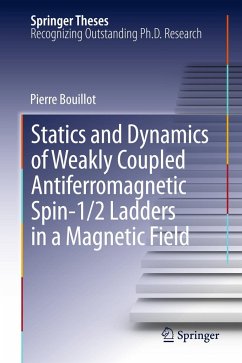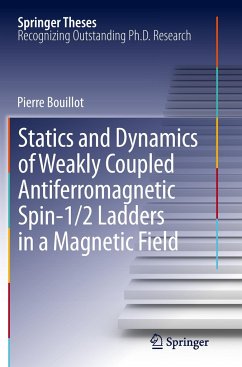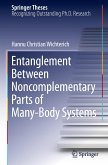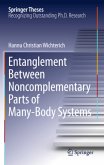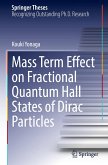This thesis shows how a combination of analytic and numerical techniques, such as a time dependent and finite temperature Density Matrix Renormalization Group (DMRG) technique, can be used to obtain the physical properties of low dimensional quantum magnets with an unprecedented level of accuracy. A comparison between the theory and experiment then enables these systems to be used as quantum simulators; for example, to test various generic properties of low dimensional systems such as Luttinger liquid physics, the paradigm of one dimensional interacting quantum systems. Application of these techniques to a material made of weakly coupled ladders (BPCB) allowed the first quantitative test of Luttinger liquids. In addition, other physical quantities (magnetization, specific heat etc.), and more remarkably the spins-spin correlations - directly measurable in neutron scattering experiments - were in excellent agreement with the observed quantities. We thus now have tools to quantitatiivelyassess the dynamics for this class of quantum systems.
Bitte wählen Sie Ihr Anliegen aus.
Rechnungen
Retourenschein anfordern
Bestellstatus
Storno

